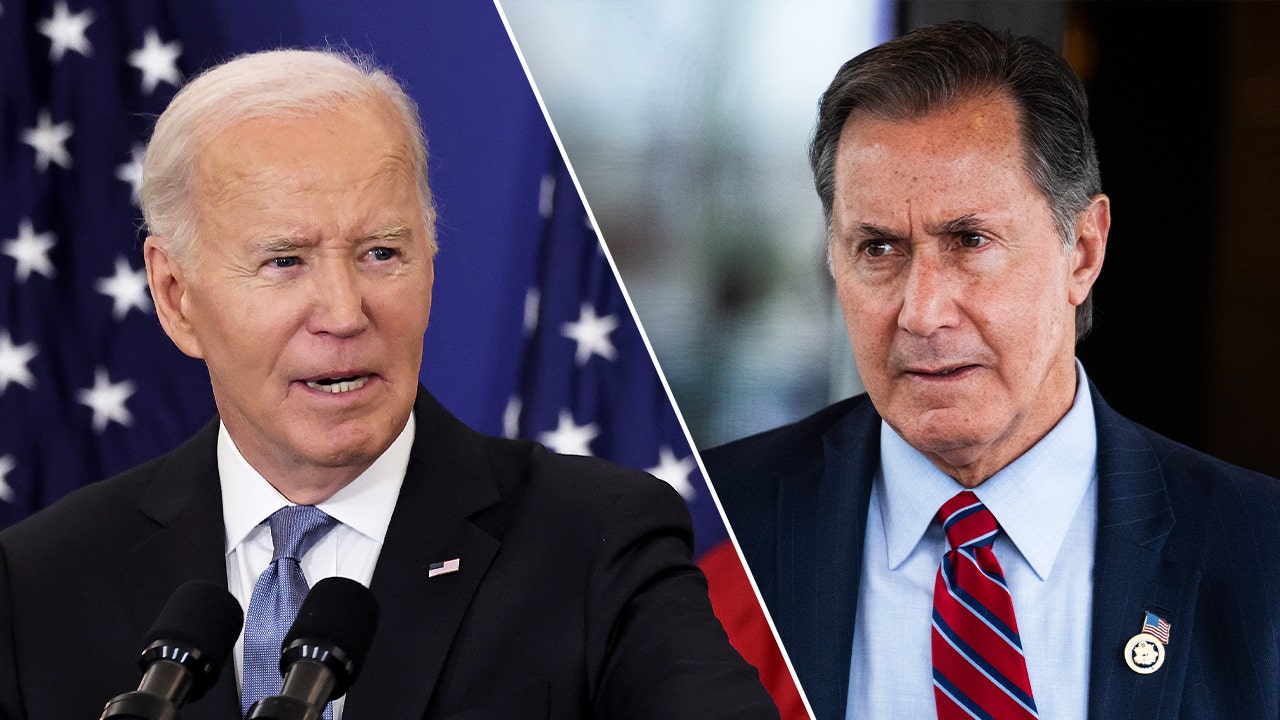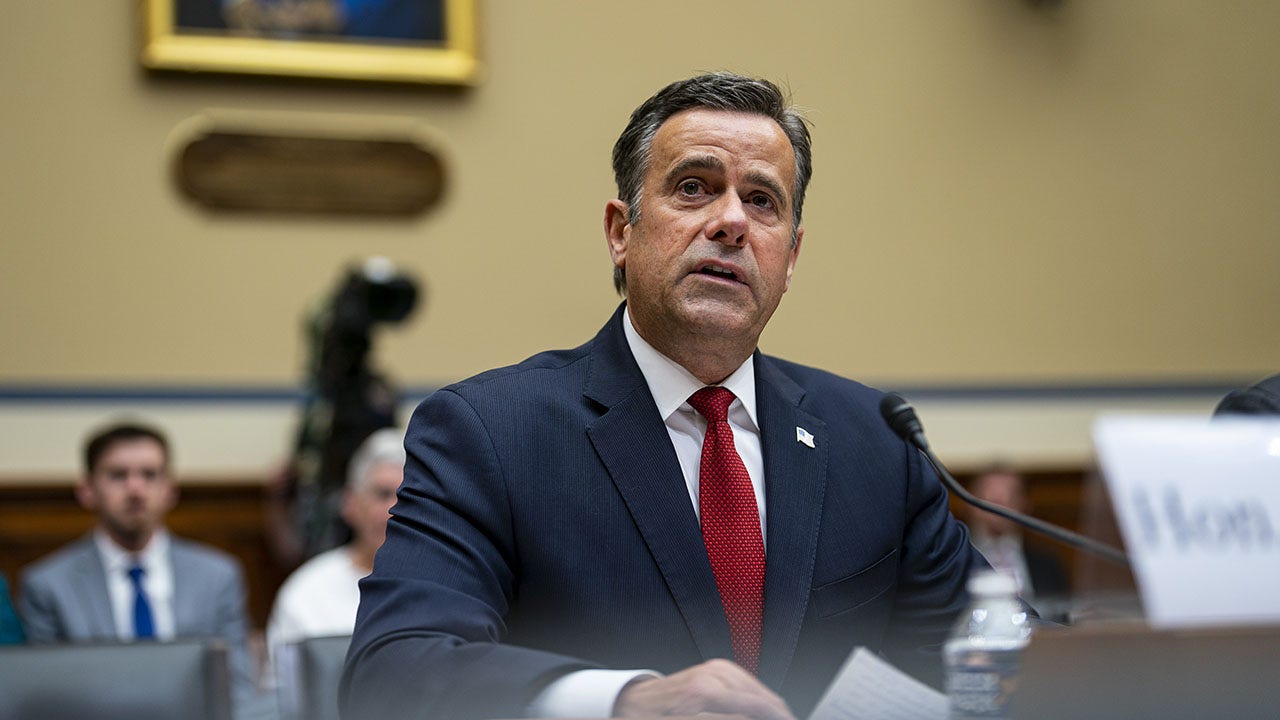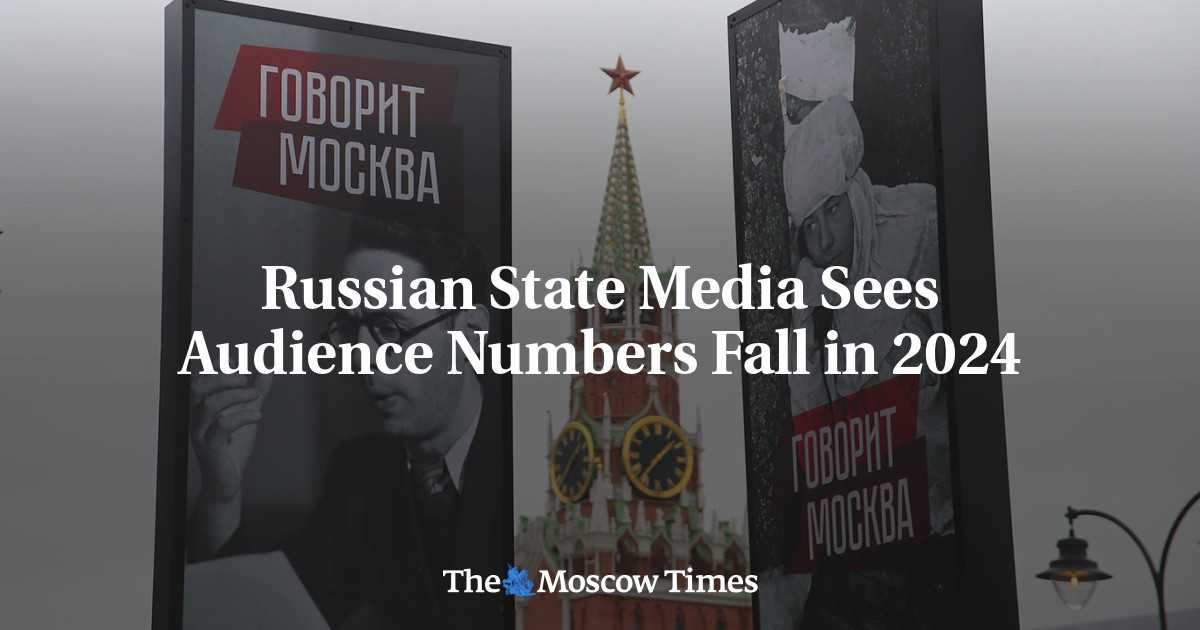New York Times columnist David French is “sympathetic” to the porn industry’s protests against age verification laws like the one Texas passed because he worries it could endanger “free speech” and — worse — potentially keep adults from buying sex videos.
You read that right. The man who hailed drag queen story hour in libraries as one of the “blessings of liberty” and told Christians to vote for a regime that routinely imprisons them because “Orange Man bad” says he’s all for protecting children online at whatever cost, unless that cost is adults’ porn consumption.
In his recent article “Pornography Is One Place Where Freedom for Adults Becomes Cruelty to Children,” French acknowledges that “children have easy access to graphic and hard-core pornography” online. Paragraphs into his analysis of the internet-fueled porn free-for-all, he even hat-tips research showing how the depiction and celebration of crude and dangerous acts like strangulation on explicit websites are negatively defining how younger generations have sex.
“Easy access is triggering porn addiction on a wide scale,” he warned.
Saying children should not have access to graphic and vulgar material online and the Supreme Court should rule accordingly is the bare moral minimum. Any points French would have scored in taking that position that so many people have taken much earlier, however, were wiped off the board when the writer qualified his support for age verification laws with a disclaimer defending adult porn usage.
“I do have a degree of sympathy for the free speech arguments against the Texas law. It’s true that efforts to restrict childhood access to pornographic websites cannot be so onerous as to essentially block adult access,” French writes.
For a man who has done nothing in the last few years except attack free speech, including leading a publication that took money from Facebook to censor conservative ideas under the pretense of “fact-checking” and defending Twitter’s election-changing throttling of the Hunter Biden laptop, French suddenly cares a lot about the First Amendment.
In the case involving the Texas law, the opening sentences of the plaintiffs’ “free speech arguments” French so eagerly supports assert that porn romanticizing incest, rape, and other X-rated sexual violence must be protected from regulations like age verification because it “is artistic, informative, or even essential to important parts of career and life.”
It’s important to note that the Lone Star State law does not attempt in any shape or form to control what material is or is not featured on porn sites. It simply requires onscreen sex sellers like those represented by the Free Speech Coalition (an organization whose sole purpose is to shield selling sexual obscenity to the masses) to verify the age of every user via a government ID or something similar.
This caveat from French — the guy who vehemently defends a TV show featuring disturbingly graphic depictions of incest, rape, and other sexual acts that he admitted paragraphs earlier in his article negatively affect adolescents’ development — appears to suggest that protecting kids from porn is only a worthy priority if it doesn’t keep adults from consuming online debauchery.
The porn industry is plagued with abuse and exploitation, something French admits and even claims might be the reason adults won’t feel “confident handing over personally identifying information to an institution that depraved.” U.S. websites selling vile films and images benefit from more internet traffic “than Twitter, Instagram, Netflix, Pinterest, and LinkedIn combined.”
It should come as no surprise that porn companies’ heavy online presence paired with the normalization of “iPad kids” (children who are given excessive screen access with little to no supervision) means minors as young as 7 are encountering sexually explicit imagery. Porn undoubtedly warps kids’ brains, but it harms adults too in the form of addiction that costs jobs, financial stability, marriages, and even lives.
Yet, French’s “free speech” sympathies imply the offenses against humanity that bedevil porn can continue if it means ensuring sex-obsessed adults can still get a fix.
French is not special for noticing that exposing grade schoolers to onscreen sex and sexual violence is wrong and bad. He’s certainly no First Amendment hero, and he’s not “principled” for hinging his support for age verification laws (which are proven to drastically decrease traffic to porn sites) on the condition that adults still get to consume damaging X-rated content, however, whenever, and wherever they’d like.
Jordan Boyd is a staff writer at The Federalist and producer of The Federalist Radio Hour. Her work has also been featured in The Daily Wire, Fox News, and RealClearPolitics. Jordan graduated from Baylor University where she majored in political science and minored in journalism. Follow her on X @jordanboydtx.

 By The Federalist (Politics) | Created at 2025-01-15 11:01:25 | Updated at 2025-01-15 15:46:01
4 hours ago
By The Federalist (Politics) | Created at 2025-01-15 11:01:25 | Updated at 2025-01-15 15:46:01
4 hours ago








